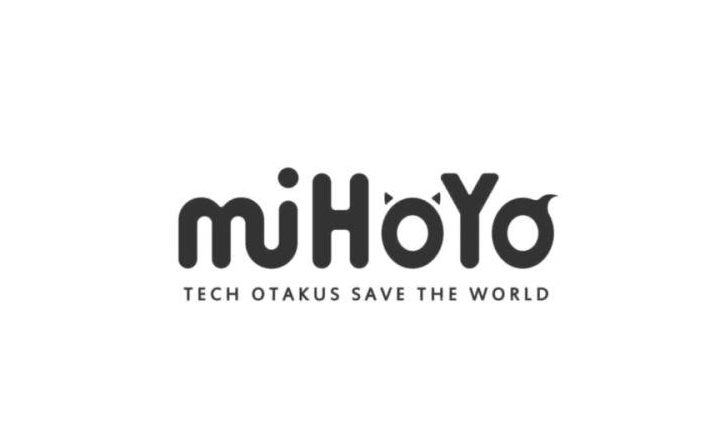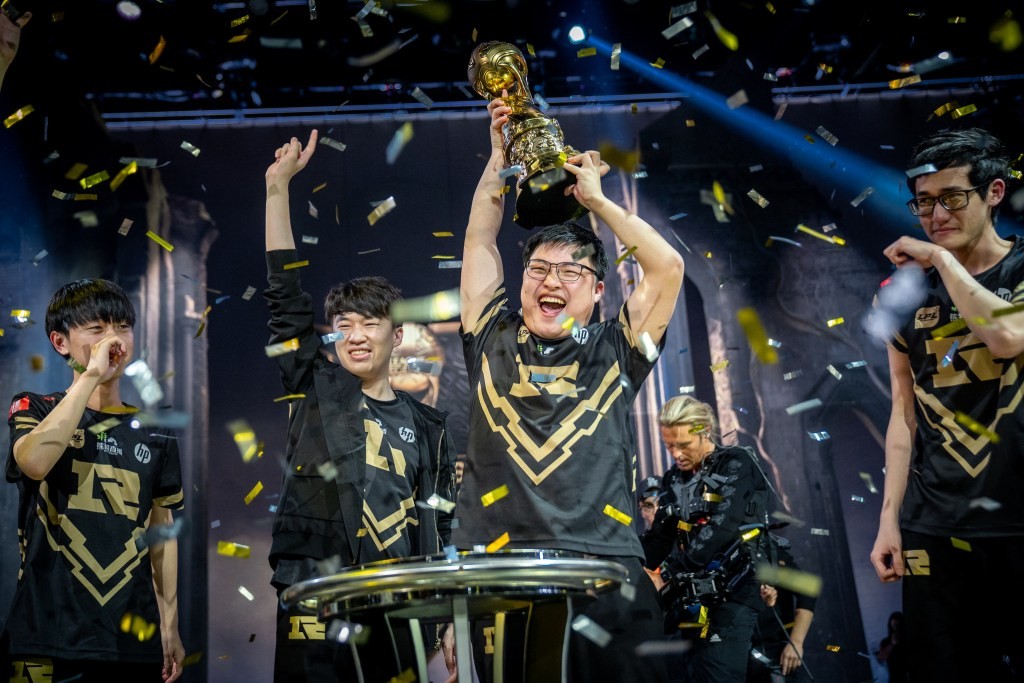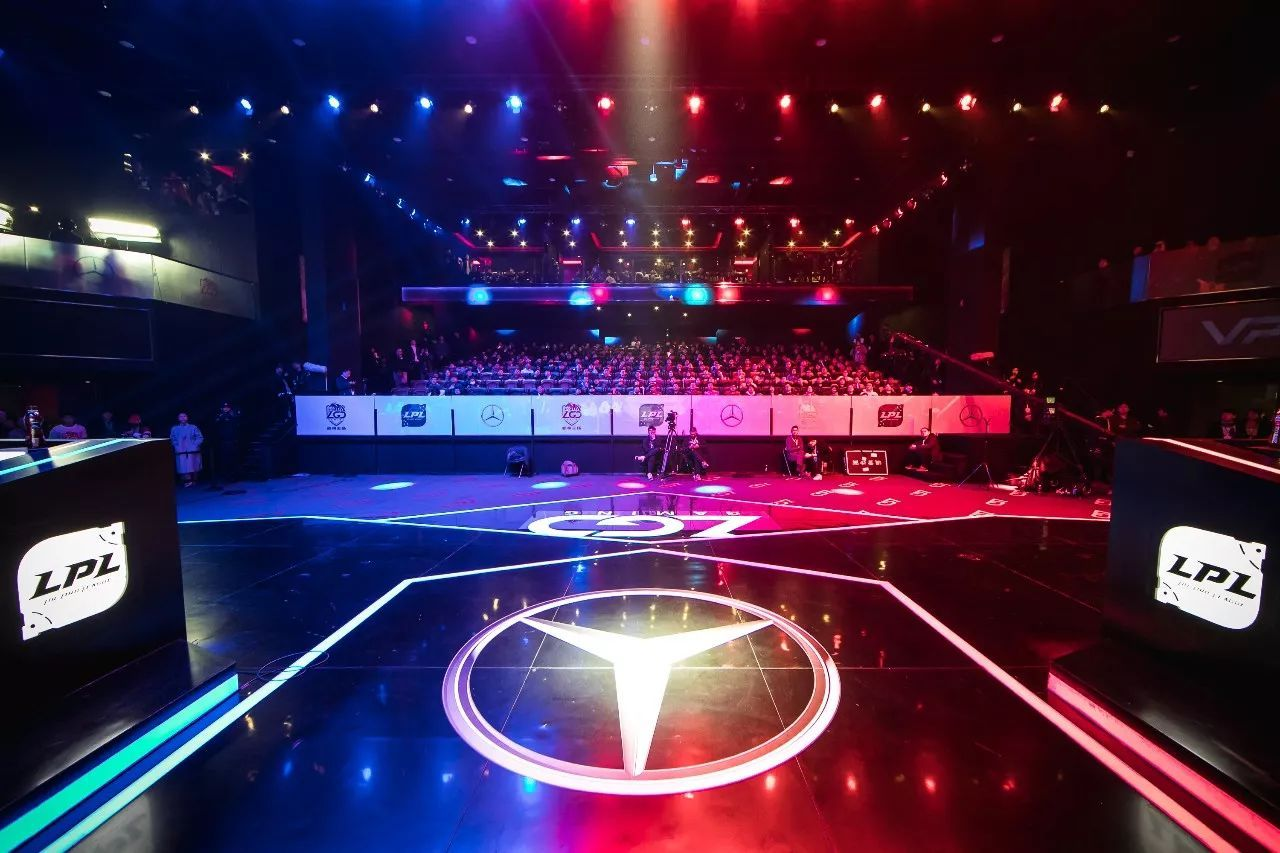The red cedar and high tide Miha You, pointing to a “Jedi comeback”?

This is the eleventh month after the unfreezing of the royalty number.This track, which was once infinitely cold, seems to have been switched on again. Through constant interpretations, connections and sublimations, many suitable cases have been found to infer that the industry is about to enter an “upward curve”.Abroad, capital was soaring, European countries, mired in “war”, decided that “video games” could help them “own the future”, and the EU Parliament voted overwhelmingly to pass the The EU Parliament voted overwhelmingly to pass the “Games Act”, a resolution to elevate it to a national strategy through administrative means, thus enabling the exponential expansion of the €23.3 billion (2021) market; the Saudi investment fund, a well-known “big dog”, went on a gaming spree, including The Saudi investment fund has increased its stake in Nintendo to 7.08%, acquired 5% each of Capcom and Nexon for US$1.2 billion, and bought 96% of the shares of SNK, the developer of The King of Fighters.
With the new positioning in place, the ice-breaking of the “license number” has far exceeded expectations, with the number of license number approvals announced each month surging from the initial 45 to over 80. The primary market is also active again, with MihaYou investing in AI startup MiniMax for two consecutive rounds, pushing its valuation to US$1 billion together with Gao Tuan and Mindshare; former Giant CEO Wu Meng started another business, setting up MiAO, a meta-universe game, and received a billion angel round of investment from Sequoia, Banyan Tree and Monolith.
Even communities like Instant, which are addicted to expressing “independent opinions”, have basically taken the path of “professionalism” in their gaming circles, one day “ready to understand how conversational AI can achieve reasonable continuation”, and tomorrow “the core of the original gods’ hit wasn’t open-world, the big players are rolling in the wrong direction”.
The chaos can probably be divided into “using skinned games to rub up against IP fever”, “using water to cheat financing”, “inflated talent costs”, “no one to polish Chengdu’s title of “City of a Thousand Games” has quickly slipped from being a “city card” to a “source of all evil”, and there are many legends circulating in the circle. For example, many veterans of the game industry can use the “DEMO” (demo version) to complete several rounds of financing in 10 months to cash in on millions, and there is a special industry chain to help him to successfully “fail the project” to force investors to The classic metaphor of the times.
The significance of the license number.
There are many specific additions to the statement that the game industry as a whole is on the upswing. There is a high level version, suggesting that the new leadership in Chengdu has a background as a “propaganda outlet” and will therefore instinctively focus on the cultural and creative industries.
In short, if we position the “license number” as a “pass” and “access card” for the game industry, the resumption of the issuance of game license numbers is considered to be a signal that the game market has regained its vitality and is most capable of The city that is most capable of “passing on the warmth”.
The only problem is that it takes time to “pass on the heat”, but no one knows how long it will take, and this matter even affects the confidence of practitioners more than “whether there is heat”. A significant number of game practitioners firmly believe that “there is no way to return the blood in half a year of thawing time”, and if assessed from a harsh perspective, they may not even be able to “stop the loss”.
The all-purpose chicken soup of “something is better than nothing” doesn’t apply to the matter of “royalty numbers”, which are often “scarce” and “not available”. The company Bai Liang works for has contributed to a number of projects. Bai Liang’s company contributed to a classic case: due to the slow progress of the old project, which could not be launched in the short term, and the temporary lack of suitable new projects, the company was forced to operate under pressure and decided not to focus on its own expertise in MOBA and battle flag games, but to develop a collectible card game with the owner of a well-known Japanese manga IP, and the result was smoothly harvested on taptap with a large number of bad reviews, including and not The result was a huge number of bad reviews on tap, including and not limited to “too much krypton” and “no new gameplay”. “That’s how the game is positioned.” Bai Liang said, “At least it was a project, [at the time thinking] hurry up and run”.
Similar scenarios recur between 2019 and 2021, so much so that the numbering goes into another “hiatus” in the second half of 2021, the 263 days often mentioned in the media these days, with people subconsciously thinking there may be some “mysterious” causal relationship between the two. The “unverifiable” causality of the two. This “unverifiable” cause-and-effect relationship was later transformed by some publishing agents into various “tricks to get through the review”: at first it was “Western magic” and “ascension to immortality”. The first was “western magic”, “immortal ascension”, and later “Three Kingdoms” and “Journey to the West”. One game practitioner tried to recall the “selling” scenario of an agent publisher: “I remember they gave an example, like saying that a team had packaged Lu Bu as a positive character and said it was a minefield”.
Throughout the conversation, the example of Lu Bu is rehashed, but the agents have no intention of ‘dissuading’ him. In the climax of the conversation, they made it clear that they had the ability to help the project pass the review while retaining the traditional themes of “Three Kingdoms” and “Journey to the West”, as they had many “cultural tourism and cultural and cultural expo resources They have a lot of “cultural tourism and cultural and historical resources”. The project in the example, which was stuck for review because of messy magical changes, was said to have successfully completed its launch as a digital cultural tourism project because it “incorporated elements of the Wuhou Temple or Du Fu Cao Tang”.
Bai Liang is not indifferent to the little tricks, but he doesn’t deny that the company’s projects are now basically in the direction of “cultural heritage”. One 2018 Battle Flag game has a setting that revolves around “cultural heritage”, with a huge amount of effort put into the text, artwork and character models, almost every aspect of which could rise to the level of a “standalone project”, as evidenced by the launch of a pre-launch figure for one of their A pre-launch figure for one of the game’s characters “sold for 998 and sold over 50,000 units”. The other, a slightly more modest simulation game, focuses on the “digital twin concept”, attempting to replicate a famous historical city in the game.
The development teams of both projects were insensitive to the long development cycles, agreeing that “this is the necessary time span for a good game” and that “players are demanding more and more from the game itself”. This poses a new problem: the “long product development cycle” does not fit the investment logic. The result is that “by the end of 2022 there were a lot of teams that were optimising”.
“A lot of teams couldn’t make it.” Bai Liang explained to me “why there was a wave of layoffs after the unfreezing of the license number”: “We also cut out many spin-off businesses, such as cloud computing. These businesses were originally technologies that we needed to involve in the game development process, and they all had their own patents. When the environment was good, we still thought about whether we could turn it into some more direct products. But it would take courage to test the waters now”.
The topic of the moment.
In workplace gossip, the “license” is not only a passport for new games to be listed, but also a passport to “freedom of wealth”. In the “City of a Thousand Games” era, every few days a story like “a project team got a share of 10 million in bonuses” would appear in the Tianfu Software Park. In their small groups, the workers excitedly calculated “how much money they would get per person”, and if there were “insider resources from game companies”, the discussion would become even more intense.
The owner of a game company in Chengdu, known as Huayang Steve Jobs, is the most frequent figure in the various small groups. It is said that he often fights with the CTO in the office, that he has set a rule for HR to “recruit only those with an IQ of 130 or above”, and that he tried to poach a producer from NetEase, offering “an annual salary of one million + a suite in the high-tech district”. People accepted all these “gossips” without distinguishing the truth, creating the most well-known area of Tianfu Yisanjie, and incidentally making the gaming industry the “promised land” to help social animals become social elites.
Unfortunately, the “talent capacity” of many industries is declining. Some of those who have tried to leave the game industry have tried to return after hitting a brick wall, so Tian Haibo’s recruitment software has become a buzzword. “For the positions we had before, we received one CV in two or three weeks (probably because the pay was not competitive), but now we receive several in a day”.
Shen Jie echoes this sentiment about the state of the industry. He is busy interviewing almost every day, and there is no shortage of “old people” over 30 years old among the applicants. What other questions do you have?” in the interview, candidates also began to ask “have you got the license number yet”.
Shen Jie expressed his understanding of this, preferring to attribute it to “job reasons”, “For technical positions, the impact of whether a project is online or not is still significant for income.” I asked if I could further quantify the impact, or use a percentage to describe the extent to which the “version number” can determine the psychology of game practitioners’ career choices. “That’s not enough, it should still be 40%”.
The story behind the “40%” is this: his team next door got the “top treatment” within the company because they got the version number early, the five insurance and one gold payment base was full, and they were never late for holiday benefits; also because they were lucky to get the version number, the producers The project started before the epidemic has undergone two major changes and several closed tests so far, so much so that in the annual meeting, the producer simply took the plunge and made a solemn vow in front of the whole company: “If we don’t go online again in the next six months, we will simply disperse as a full star “.
Hearing these words, Shen Jie’s mood is difficult to describe, as if “in the era of the general environment is bad, get the version number easy to become a curse”.
The “curse of the license number” is even more “absurd” in the case of a game called “Boxing Kozo”. In January this year, it was revealed that the development team had run away from the game, with the tipster claiming that the team had “laid off a team of 50 people to around 10 after the latest beta test, and that the original office address is now empty and the laid-off employees are applying for labour arbitration”. The news was later confirmed by the media that the game, which had been polished for nearly five years, was indeed running out of funds and had been abandoned by the agency because of the poor performance of the previous “retention test”, which made the version number a long way off. But when the team abandoned all the internal purchase mode in the mentality of “an explanation to the players and themselves”, directly to the “all free game” posture on line, the result unexpectedly stayed in the TapTap popular list, good tour fast burst new list for a long time.
“Players are always playing hot, not new.” Tian Haibo advised me to look down on the significance of the “restoration of the version number”, as it is increasingly difficult for the operation team to assess the effectiveness of the game’s release, not to mention that “the era of reading has passed”.
He once came across a manga team whose members had visible merit, and who had ambitious plans to produce a “Chinese King of Thieves”, even planning an outline of 50 one-shots. The manga was stopped by the platform after less than four issues, as the backstage data showed that 80% of readers did not make it to page 5. The platform operator enthusiastically shared a catchphrase – “Four pages forward in love will get you laid, four pages forward in hot blood will see blood”.
“There’s really no way to accuse the platform of not distributing with care. Highly emotionally speaking, they’re just respecting user habits”.
The future of decision making.
During the visit, I set a fixed question: will investors make any new demands because of the changing industry environment?
Tian Haibo’s answer was no. He hopes to launch a new round of funding at any time, but doesn’t see the right opportunity at the moment. The most recent life-saving money came from a roadshow organised by relevant institutions in Chengdu, where Dongji Six Senses’ game project became a digital cultural and creative project at the city level and received a cash subsidy of $1 million, “which was really life-saving money”. The “Tianfu Cultural and Creative Board” is another long term benefit, “The Tianfu Joint Equity Exchange will open a ‘fourth board’ for the cultural and creative industry, and games are digital cultural and creative”.
I asked, “Does this require you to cooperate with a lot of administrative matters?” Tian Haibo replied, “That can’t be helped”.
After all, the only message his old investors have been sending him recently is that “we probably won’t invest in new projects anymore” – a highly similar sentiment to that of a friend of mine who is an investor. Not long ago she asked on her own social media platform, “Are there still investors who are looking at the gaming track? She had heard too many news that investors in the game circuit were “unable to find a successor for the next round” and “didn’t know when they would be able to recover their incubation costs”. Combined with the previous unpleasant experience of investing in big entertainment funds during the LP period, she can clearly feel that “the current situation is not optimistic”.
Bai Liang believes that the investors in the game track have been “washed”, and now all those left are “sentimental investors”. The good side is that they no longer have to choose to dabble in IP because of operational pressure, and have the buffer space to research their own IP; the bad side is that when “insiders become investors”, the money becomes more and more difficult to get, because “they know where the key problems are, and whether it is possible or necessary to solve them”.
But “fortunately”, as mentioned at the beginning, MiniMax, which started out with its conversational AI product GLOW but unexpectedly received investment from MihaYu, and Bai Liang’s team, which was initially used to play with the AI business, also recently received an angel round of investment with the CHATGPT fire. According to the investor’s plan, the AI business will jump out completely from accompanying games to music, art and even K12 education.
This is roughly the same as Yuanqi Capital partner Jin Yechen’s prediction. In November last year, he talked about a similar topic in a podcast together, when the host suggested that the investment fever that has emerged in the gaming circle in recent years is all concomitant, dependent on meta-universe, animation engines, UGC platforms and AIGC technology. Jin Yechen followed the topic by listing three criteria that their team could currently make clear to the public when looking at game projects.
The best team size is not more than 10 people, of course, it does not matter if it exceeds, I reverse the product development cycle according to the cost calculation for you. The team size should preferably not exceed 10 people.
The product should preferably be clearly prioritised for overseas markets, if it is only a category with similar immortal cultivation or martial arts themes for the Chinese market, good luck with that.
The team needs to be able to control costs well, and we will be more cash flow oriented. For example, with a cost of $10 million, I’m not asking you to go all in on one product, it’s better to make two to three products, not even handheld games, but for channels like Steam, to ensure that the product goes online first and runs a cash flow.
After listing the criteria, he summed up a core point: the team should treat us as your first investor, and possibly your last.
I chatted privately with Mr Kim after seeing this conversation, hoping to get permission to quote it and try to follow up, asking if he would make some adjustments to the above point in 2023?
“For existing traditional gaming teams, this viewpoint partly still holds true for this year.” Mr Jin quickly dialed me back and tried to emphasise the generational difference in games, with the basic logic being that if teams do apply new technologies such as AIGC to development at scale, he thinks the corresponding investment model can be modified – just as Wu Meng’s MiAO claims to be about to explore the possibility of “GAME + AI” – “If it’s not the traditional thinking of a game team, it’s a different thing, for example, the threshold of team size, I might re-set a number”.




